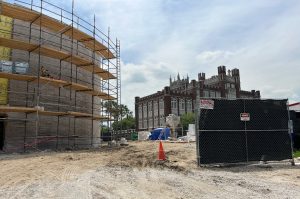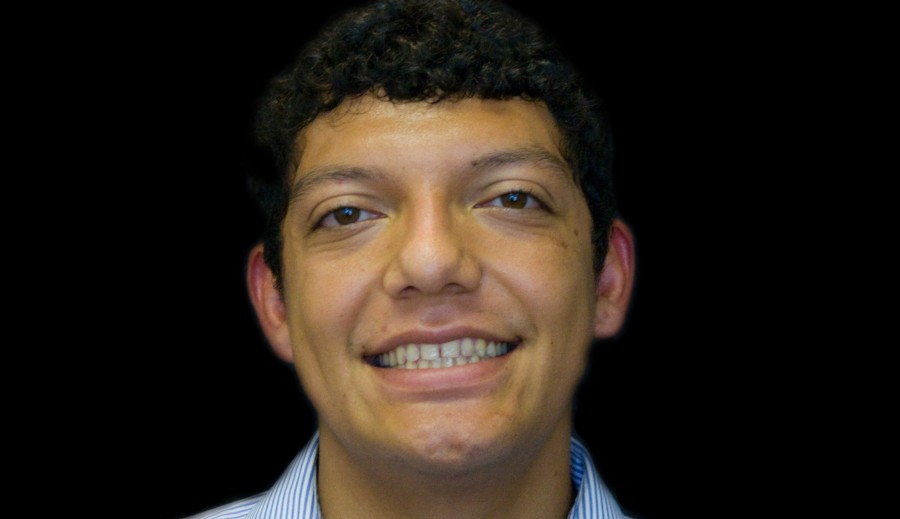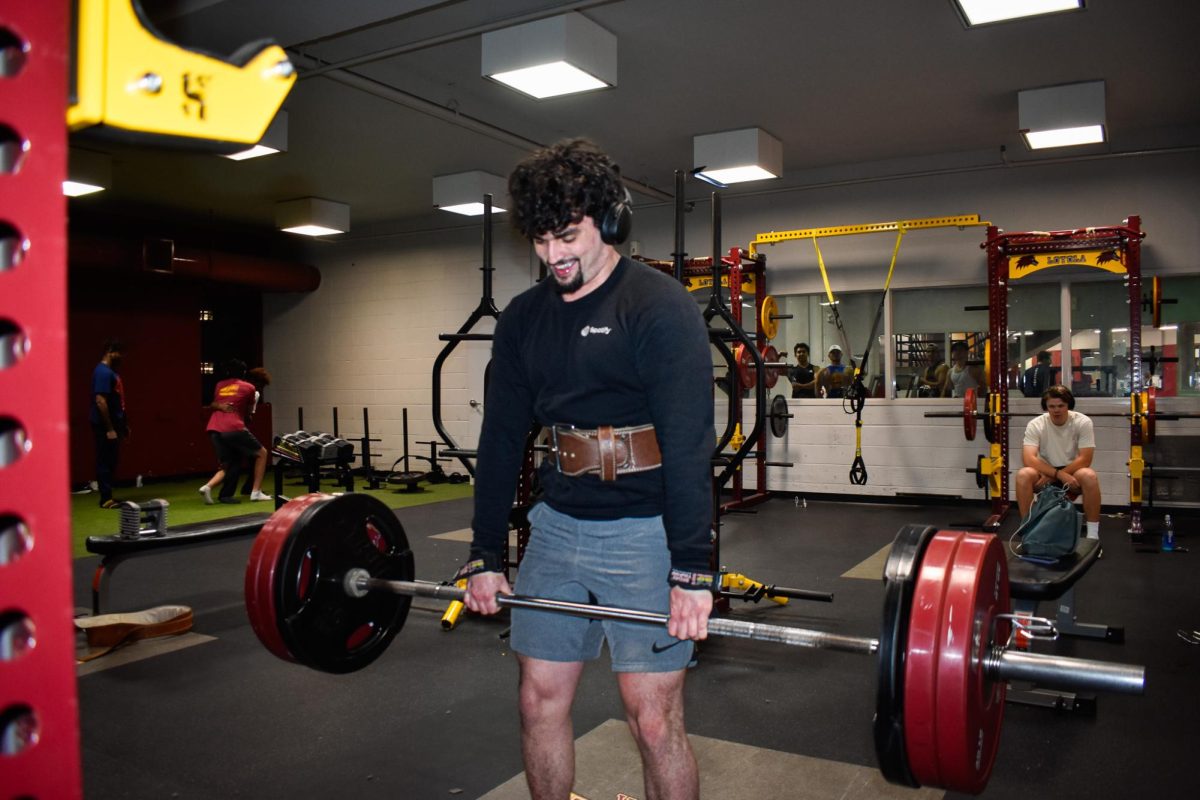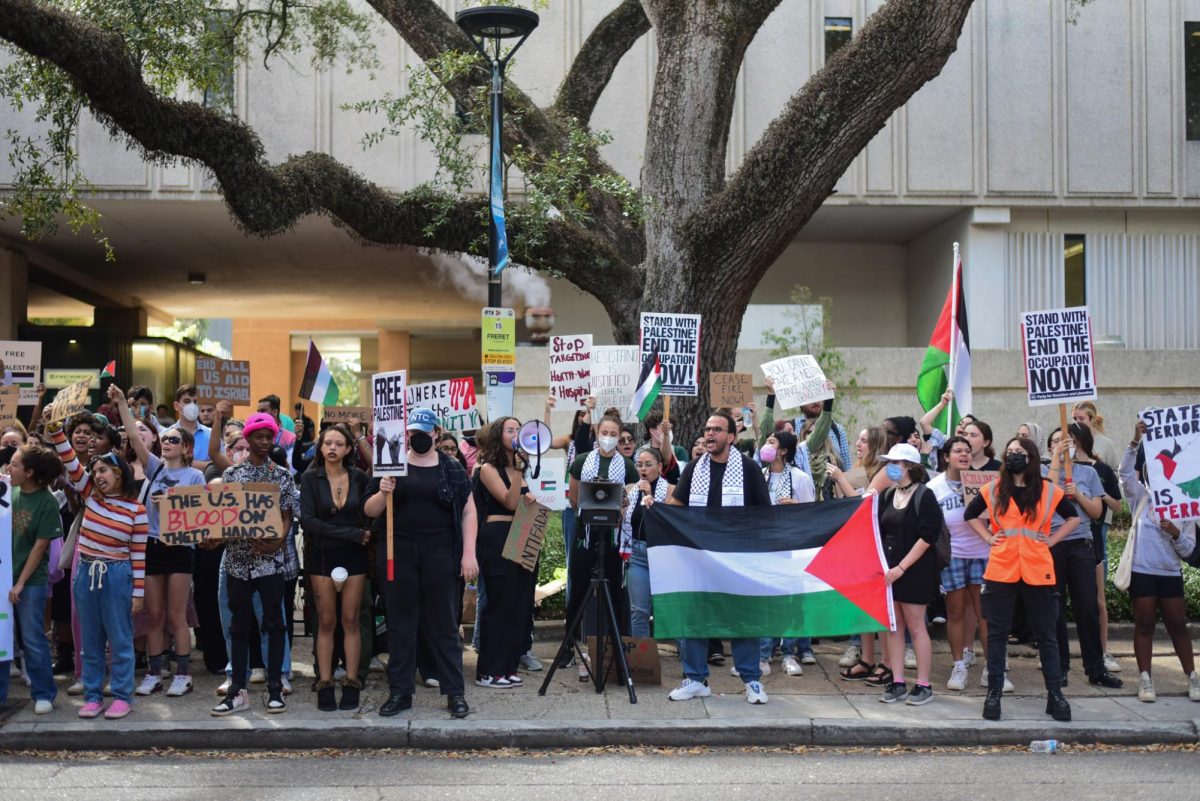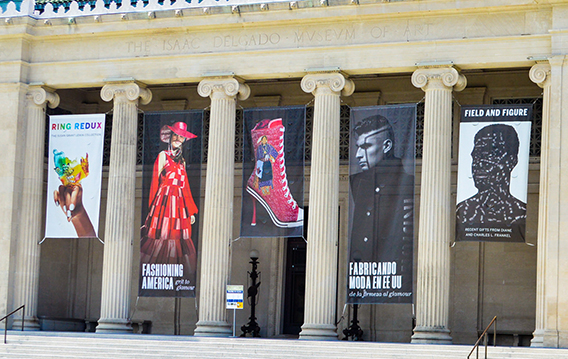Nearly eight months removed from the catastrophic, 7.0 magnitude earthquake that devastated Haiti, the island and its people continue to teeter on the brink of life and death. Over 90 percent of the rubble and destruction remains and an estimated 1.6 million Haitians live in dense communities of makeshift tents where resources essential to survival are scarce and crime is rising. The death toll estimated is 230,000 and will continue to rise as disease spreads and medical services remain inadequate.
The numbers are staggering and dwarf other natural disasters, but most of the mainstream media has moved on. The BP Deepwater Horizon disaster made headlines daily for nearly three months, and now massive flooding is devastating Pakistan, killing thousands and displacing millions.
Considering these recent tragedies, as well as the rising political fever as midterm elections approach, Haiti’s struggles can easily be forgotten; but they must not be forgotten, particularly in the minds of New Orleanians who are experienced in disaster and disaster recovery. But there are many more reasons besides our relative and recent tragedies to draw inspiration from and to continue passionate relief efforts.
New Orleans and Haiti have a long history dating back to the French occupation of each. Since that early colonial period, Haiti and New Orleans have exchanged and assimilated cultural traditions that persist to this day.
Jazz, New Orleans’ most famous export, has strong ties to Haitian percussive traditions, as well as elements of harmony and melody that free people of color learned under the French occupation and later took with them to New Orleans following the revolution.
The Voodoo religion presents itself as another commonality existing between the two, and Christianity, specifically Catholicism, is practiced in areas of Haiti and dominantly in New Orleans.
On the other, more pessimistic hand, government ineptitude led to much of the destruction in both regions. In New Orleans, failed levees resulted from rushed construction by the Army Corps of Engineers and in Haiti a corrupt government led to lack of proper building codes and regulation increasing the likelihood of structural collapse.
We, as New Orleanians and Americans, must continue strong, concentrated relief efforts. Our historical relations to Haiti and our abilities and privileges that arise from living in America demand we continue to reach out to this struggling civilization before it ceases to be one.
Much has been donated by millions of Americans already to the Red Cross and fundraisers featuring today’s brightest celebrities brought attention to the crisis in the months following the earthquake and this is and should be a source of pride. But it will take decades to restore infrastructure and culture and establish a competent government, something Haiti had not experienced even before the tragedy.
Much of the same rhetoric can be heard concerning the rebuilding of Haiti that was said about New Orleans after Katrina. Why resurrect a city that was on its knees against crime, corruption, substandard education and neglect, even before the disaster? Why spend time and money to restore regions to their previous state, when their previous state was chaotic and dysfunctional? Why rebuild?
The answer is simple, because of the people. We pride ourselves on being a beacon of hope for the world, one of freedom and opportunity. We must live up to this reputation and strengthen it, allowing our nation to grow stronger as a whole. The day we cease these honorable practices and succumb to self-serving, short-sighted beliefs, will be the beginning of not a natural disaster, but a man-made tragedy.
George Stokely is a music junior.
He can be reached at
In My Opinion is a weekly column open to any Loyola student. Those interested can contact



